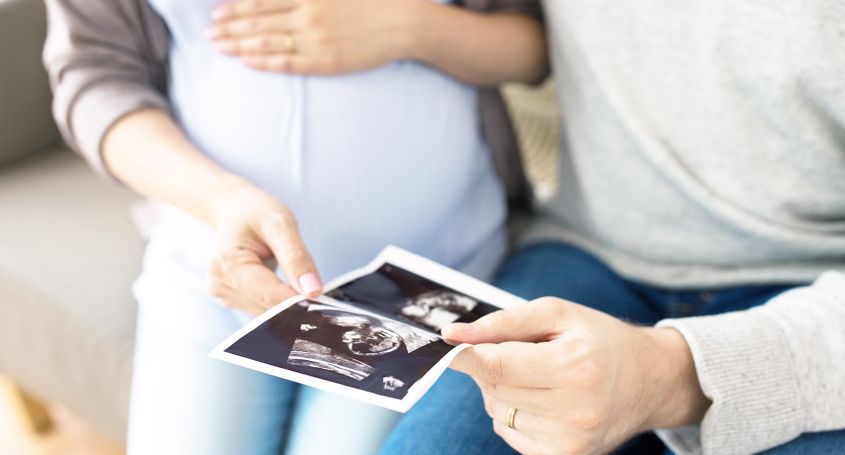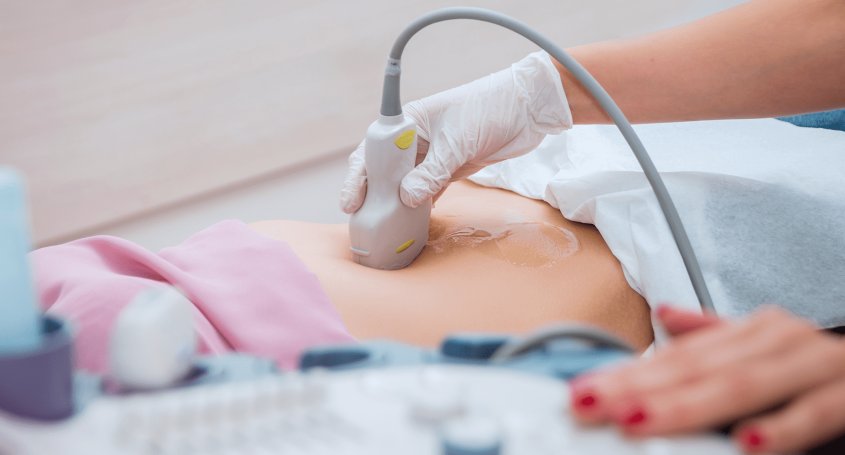Embryo implantation keeps being a poorly known phenomenon because it’s very difficult to carry out in vivo tests to assess it. However nowadays is becoming more and more relevant due to the new tests available. Nevertheless we must no forget that with regards to the equation of the success, the most important factor is still the embryo quality. Therefore carrying out these new tests makes sense only when the patient has not got pregnant after three IVF attempts or two egg donation cycles provided that:
• All the transferred embryos have been of good quality
• No technical problems have been reported during the transfers
• There is no evident problem in the uterus (submucous fibroids, polyps…)
Traditionally it has been believed that implantation issues could have been due to embryo problems (either because the embryos may have genetic issues or because there are abnormalities of the pellucid zone) or uterine reasons (like chronic asymptomatic infections of the endometrium or anatomic distortions of the cavity).
Nevertheless there were other more controverted causes that, thanks to the new tests available, are getting more relevant as time goes by. They can be classified as follows:
• Patients with disorders of the endometrium receptivity due to abnormalities of the implantation window. During this “window” the endometrium, thanks to the effect of the progesterone, allows the embryo to implant. It usually lasts from 2 to 6 days. There is enough evidence that in some cases the usual protocols of progesterone are not long enough to “open this window” leading to a lack of synchronization. Because of this when the embryo tries to implant the endometrium is not ready. Nowadays this receptivity can be assessed obtaining an endometrium biopsy that allows to adequate the treatment by giving more days of progesterone whenever it’s necessary.
• Patients with thrombophilies. It has been repeatedly demonstrated a higher incidence of thrombophilies in cases of implantation failure s of unknown origin. Until recently, and since the mid 90s, the only tests available were the studies of the mutations of the protrombin and the factor V of Leyden, as well as the protein S and C deficiencies. With the classic tests only 20% of the carriers were diagnosed. Nowadays there are new genetic tests performed in saliva that detect abnormalities that significantly increase the risk of thrombosis in as much as 85% of the carriers. These problems have also been related to recurrent miscarriages and/or implantation failures. By diagnosing more patients we can also treat them more efficiently using heparin. Amongst these new studies there are new mutations of the factor V (Cambridge and Hong Kong), polymorphisms of the factors XII and XIII (this one is considered especially important in the early maintenance of the pregnancy) and the presence of the blood group A1.
• Patients with immunological problems. Though it’s a controverted issue yet, there is more evidence available that suggests that in some patients the phenomenon known as “immunological tolerance” (which allows the mother to carry the baby during the 9 months of pregnancy without considering it a “foreign body” that should be attacked) does not take place as it should. Though various groups carry out tests in blood studying different factors that may alter the implantation or the early development of the embryo, it seems that the cells that can be studied in blood do not belong to the same family of those present at the endometrium (the ones that indeed take part in the implantation process). Because of this BarcelonaIVF carries out the immunological studies performing an endometrium biopsy with the intention to know what really happens where the implantation takes place. When this test shows abnormal figures using steroids to cause immunosuppression is a good option.














